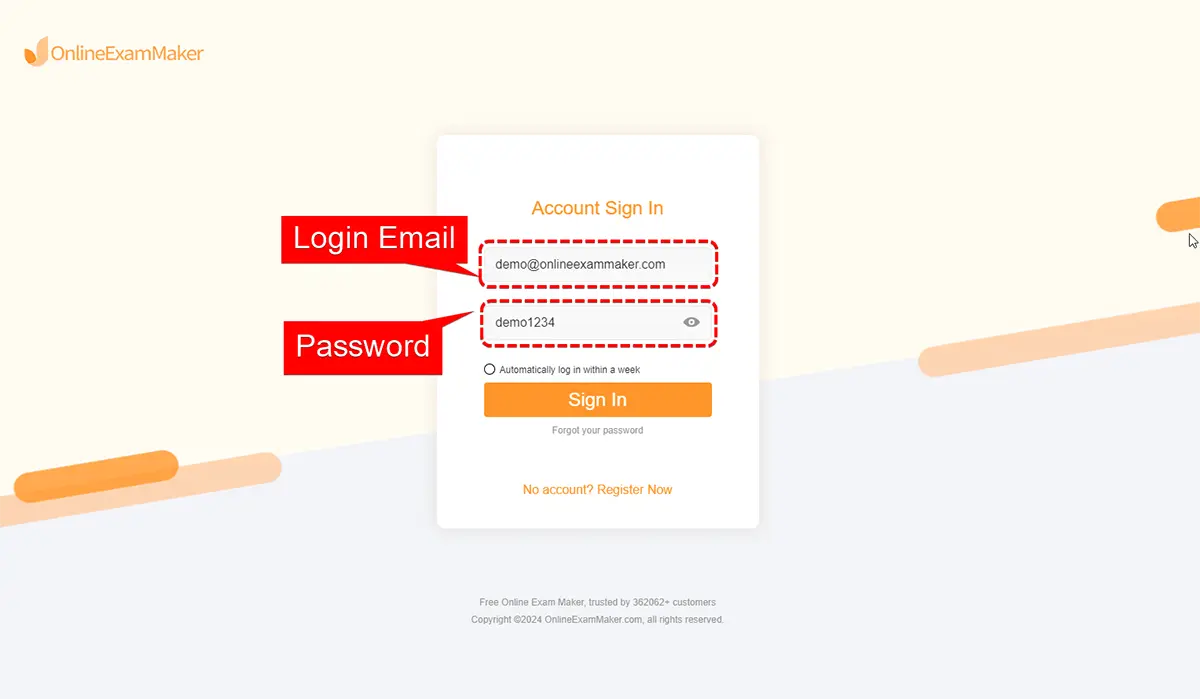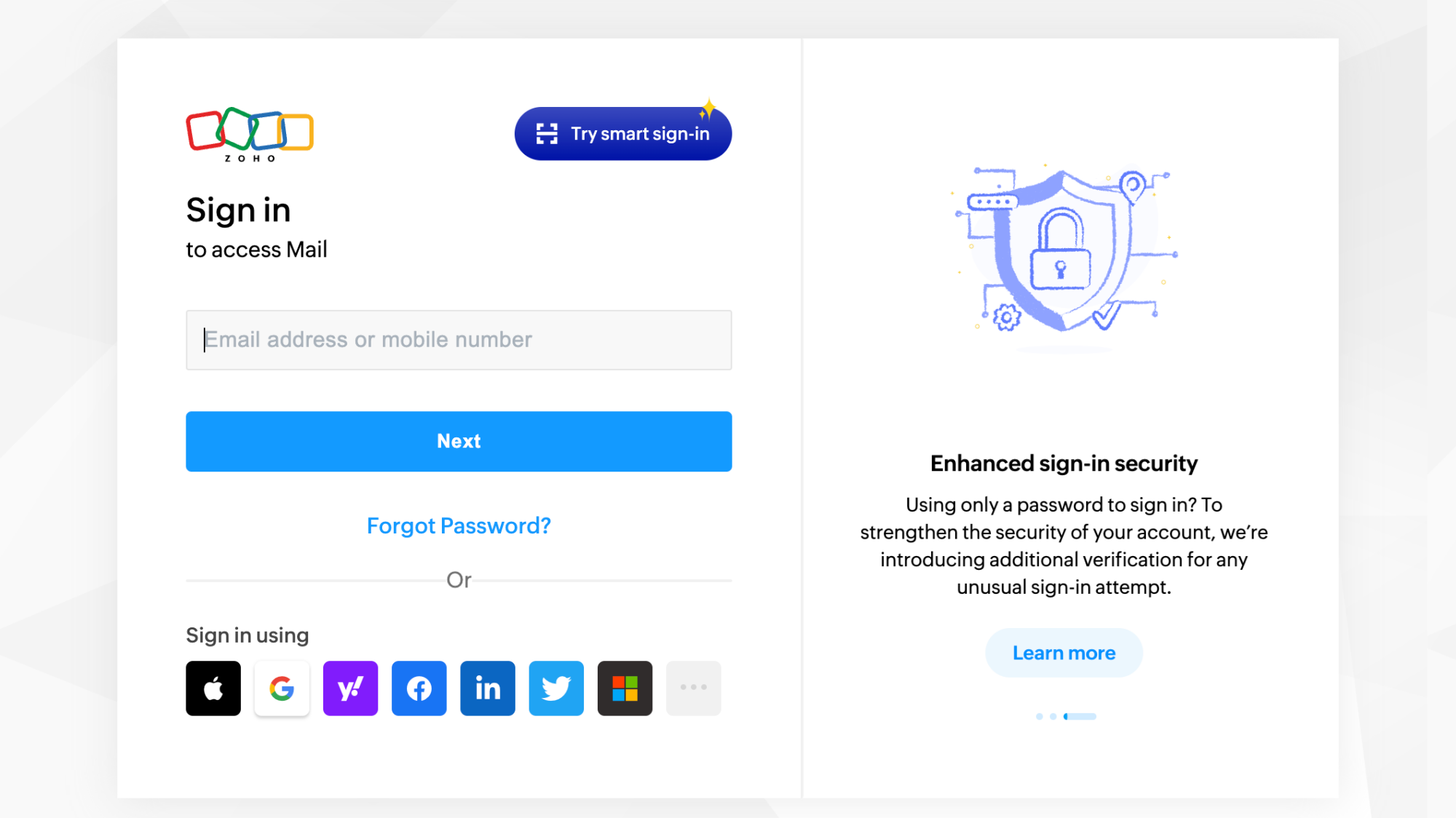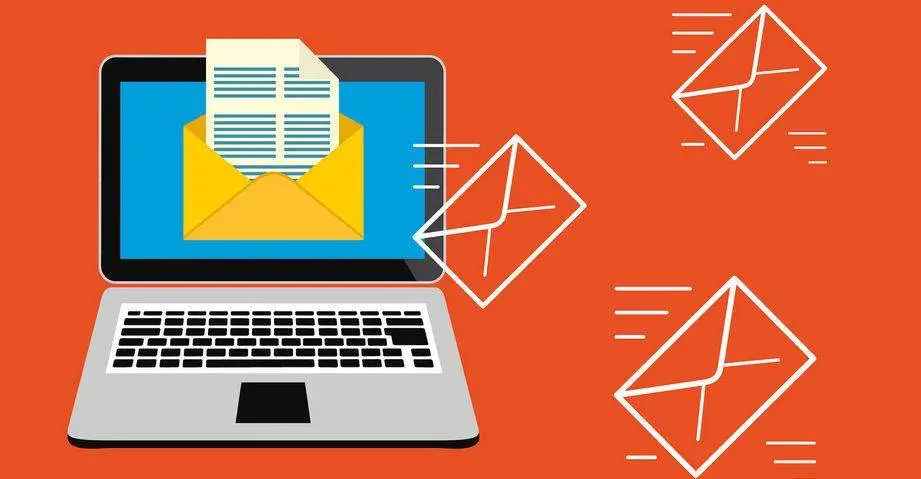Best Practices for Free Business Email Passwords: Tips to Enhance Security and Convenience
Are you using a free business email service but struggling to keep your account secure? Creating strong and hack-proof passwords is crucial in today's digital age, and it doesn't have to be daunting. Introducing a range of best practices for setting and maintaining exceptional passwords, enhancing the security of your free business email account, and elevating your digital well-being.
Protect Your Identity: Create Unique Identities for Staff
-
Train Your Staff: Password management should be a crucial component of staff training. Teach employees the importance of using unique passwords for their business accounts and offer clear guidelines and best practices.
-
Establish Strong Password Policies: Create company policies requiring passwords to be secure and consistent. This includes guidelines outlining password length, the inclusion of various character types, and regular updates of at least every three months.
-
Ditch the Password Reuse: Emphasize the severe risk of reusing passwords across accounts and empower your staff to adopt unique passwords for each business account.
-
Invest in Password Management Tools: Consider investing in password management tools or password managers, which securely store multiple passwords in a single, encrypted location. These tools generate, store, and auto-fill complex passwords. They also help organize passwords and provide an essential layer of security.
Foster Convenience and Security with Password Managers
-
Unleash the Power of Password Managers: Password managers eliminate the need to remember intricate passwords. Instead, users access their accounts using a master password, face/fingerprint recognition, or an auto-fill feature, boosting convenience and reducing the risk of password reuse.
-
Secure Master Password Policies: Implement company policies to encourage the use of robust master passwords for password managers.
-
Two-Factor Authentication (2FA): Reinforce account security by enabling 2FA for password managers. This adds an extra layer of protection, ensuring that even if a master password is compromised, unauthorized access is notably more challenging.
-
Employee Education: Educate your employees on setting secure and unique master passwords and ensuring their devices are also secure.
Secure Email Practices to Protect Confidential Data
- Encrypted Communication: When transmitting sensitive information via email, employ end-to-end encryption to secure the data. Services like Proton Mail and Countermail provide robust encryption for maximum security.
- Mask Email Addresses: Use designated email addresses for specific purposes, such as marketing or newsletter lists, to keep personal and business identities separate.
- Anonymity for Freelancers and Contractors: Freelancers and contractors can use anonymous email addresses to safeguard their identities when collaborating with new clients or businesses.
Secure Your Business Domain: Tips to Avoid Cybersecurity Breaches
- Register Your Domain Securely: When registering your business domain, always prioritize privacy and security. Use respected domain registrars that offer robust privacy protection features to avoid domain theft and minimize personal data exposure.
- Implement Strong Authentication: Protect your domain from unauthorized access by enabling two-factor authentication (2FA) where possible. An added layer of authentication significantly reduces the risk of unauthorized access.
- Maintain Updated Software and Tools: Keep your domain, associated software, and tools updated to the latest versions. Regular updates often include security patches that fix known vulnerabilities, maintaining robust defense against potential threats.
Conclusion
Having a secure business email password is essential in protecting your company's sensitive information. Follow these best practices to ensure your free business email account is safe and your information remains confidential, whether using unique passwords for each employee, adopting password managers, or securing your business domain.
Don't let cybersecurity fears hold you back in the digital world. Take action now to protect your free business email accounts from potential threats. If you need more detailed information on any of the points mentioned above, feel free to ask!




